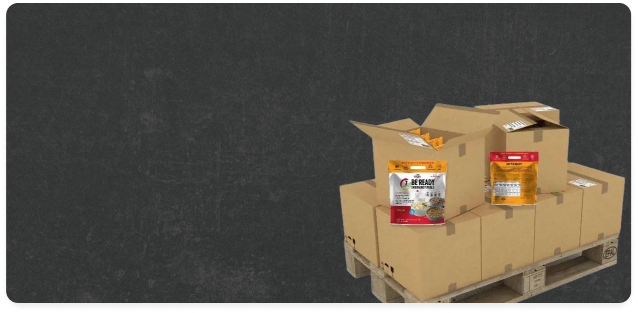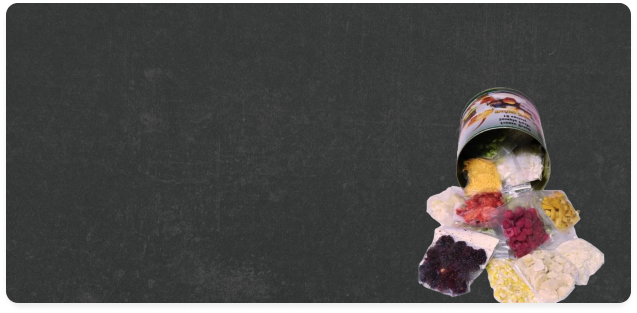Flour
Flour

Flour For Emergency Food Storage
When it comes to food storage, flour is a must-have item. Whether you’re stocking up for a disaster, preparing for a long-term power outage, or simply trying to save money on your grocery bill, flour is a versatile and long-lasting ingredient that can help you make delicious meals even in the toughest of times.
One of the best things about flour is that it has a long shelf life. This makes it a great option for food storage, as it allows you to stock up on a large quantity of flour without worrying about it going bad before you have a chance to use it.
Another great thing about flour is that it is incredibly versatile. You can use flour to make a wide range of dishes, from bread and pasta to cakes, cookies, and pancakes. This means that you can use flour to make a variety of meals, even if you’re limited in the other ingredients you have on hand.
One of the most important factors when storing flour is to keep it dry and away from moisture. This can help prevent the growth of mold and bacteria, which can spoil the flour and make it unsafe to eat. You can store flour in airtight containers or Mylar bags.
Another important factor to consider when storing flour is the type of flour you’re buying. All-purpose flour is a great option for food storage, as it is versatile and can be used in a wide range of recipes. Whole wheat flour is another great option, as it is higher in fiber and nutrients than all-purpose flour. But it has a stronger, nuttier flavor and may make your baked goods heavier and denser.
If you’re looking for a gluten-free option, you can also store gluten-free flour. Gluten-free flour is made from a variety of grains and seeds that do not contain gluten, such as rice, corn, and almond flour. These flours are ideal for those with gluten allergies or sensitivities, but they may not work as well as traditional flours in certain recipes.
Organic flour is another great option for food storage. Organic flour is produced from wheat that has been grown without the use of synthetic pesticides or fertilizers. It also guarantees that the wheat is non-GMO, and it is processed without any synthetic additives or preservatives.
When it comes to buying flour for food storage, you can purchase it in bulk or in individual #10 cans. When buying flour, be sure to check the expiration date and look for any signs of moisture or insect damage.
In conclusion, flour is an essential ingredient for food storage. It has a long shelf life, is versatile, and can be used to make a wide range of dishes, from bread to pastries. You can choose from different types of flour like all-purpose, whole wheat, gluten-free, and organic flour. Be sure to store the flour in airtight containers or Mylar bags, and keep them in a cool, dry place to ensure the longest shelf life. With flour in your food storage, you’ll be able to make delicious meals even in the toughest of times.




Learn with PrepSos








